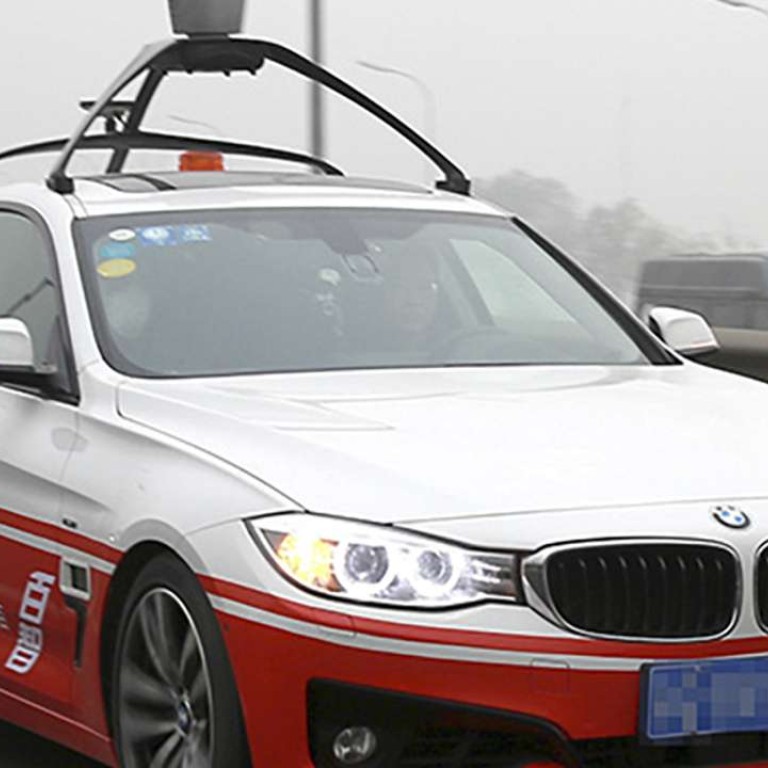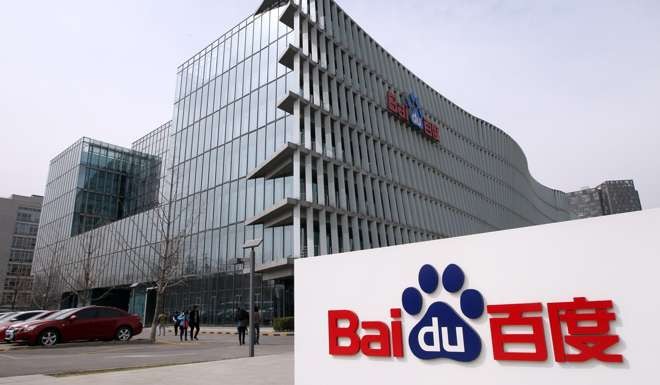
Baidu gets green light to start testing self-driving cars in US
Internet giant Baidu will soon begin testing its self-driving cars in the US after California’s automobile authority granted its first such permit to a Chinese company.
Baidu said on Thursday that it has received an Autonomous Vehicle Testing Permit from the California Department of Motor Vehicles, becoming the 15th company in the world and the first Chinese company to receive such approval.
The permit has already been granted to internet giant Google and Tesla, a pioneer in self-driving technology and electric cars. Global automakers including Volkswagen and Mercedes Benz have also received the permit.
“We will start testing our autonomous driving technologies on public roads very soon in California,” said Baidu’s senior vice president Wang Jin, who heads the company’s autonomous driving unit.
“Being able to do road tests will greatly accelerate our progress [in developing autonomous driving technologies],” he said. Baidu has indicated it will launch its driverless cars in 2018.
The company completed its first fully automated drive in mixed road conditions in China last December. Earlier this year, Baidu formed an autonomous driving team in the US, saying it had recruited top researchers and engineers to join the group in Silicon Valley. Baidu plans to expand the team to over 100 by the end of the year.

A lidar sensor that measures distance via a laser light cost US$100,000 last year but has fallen to US$80,000 now. Baidu wants to bring it down to US$500, Wang said during Baidu’s annual conference on Thursday.
In mid-August, Ford Motor and Baidu co-invested in Velodyne, a supplier of key lidar sensors used in autonomous driving systems. The US$150 million investment will help Velodyne ramp up efforts to make its sensors at mass production scale.
In addition, Baidu announced at the Thursday conference a partnership with chip maker Nvidia Corp to develop an architectural platform for self-driving cars
Speaking at the conference, Nvidia co-founder and chief executive Jen-Hsun Huang said a high definition cloud map, artificial intelligence (AI )algorithm and AI supercomputer are the key components for an artificially intelligent car.
“The three investments are enormous by themselves. No company in the world has demonstrated the ability to integrate this incredibly complicated system and deploy it at a scale for millions of cars to drive by themselves,” Huang said.
“We’re going to bring together the technical capabilities, the expertise in AI, and the skills of two world-class tech companies to build the self-driving car architecture from end-to-end, from bottom-to-bottom, from cloud to cars,” he said. “We’ll be able to leverage Baidu’s capability in mapping and AI, and Nvidia’s capability in high-performance computing.”
Huang noted it will be a “completely open” platform available for branded automakers.


